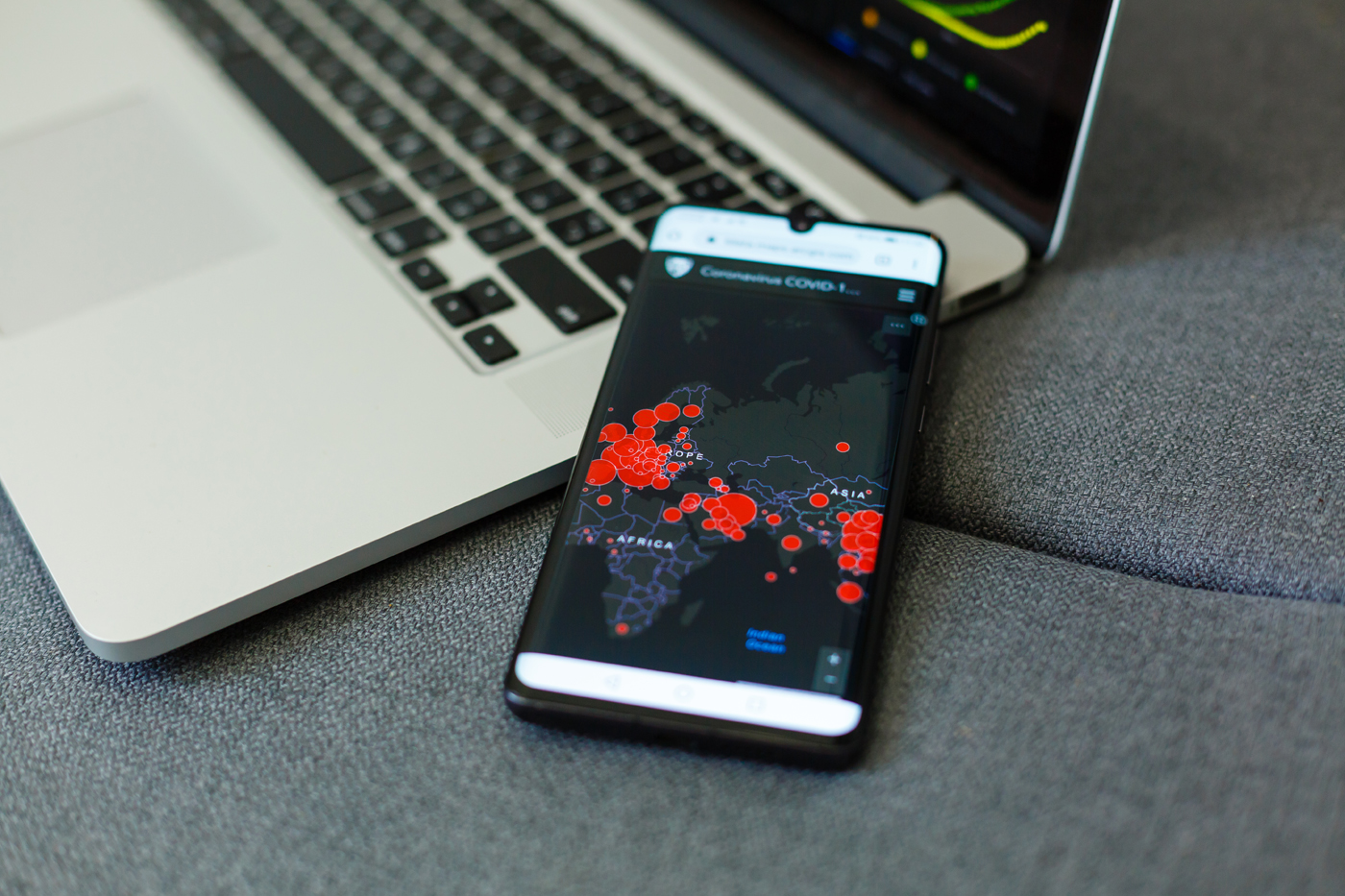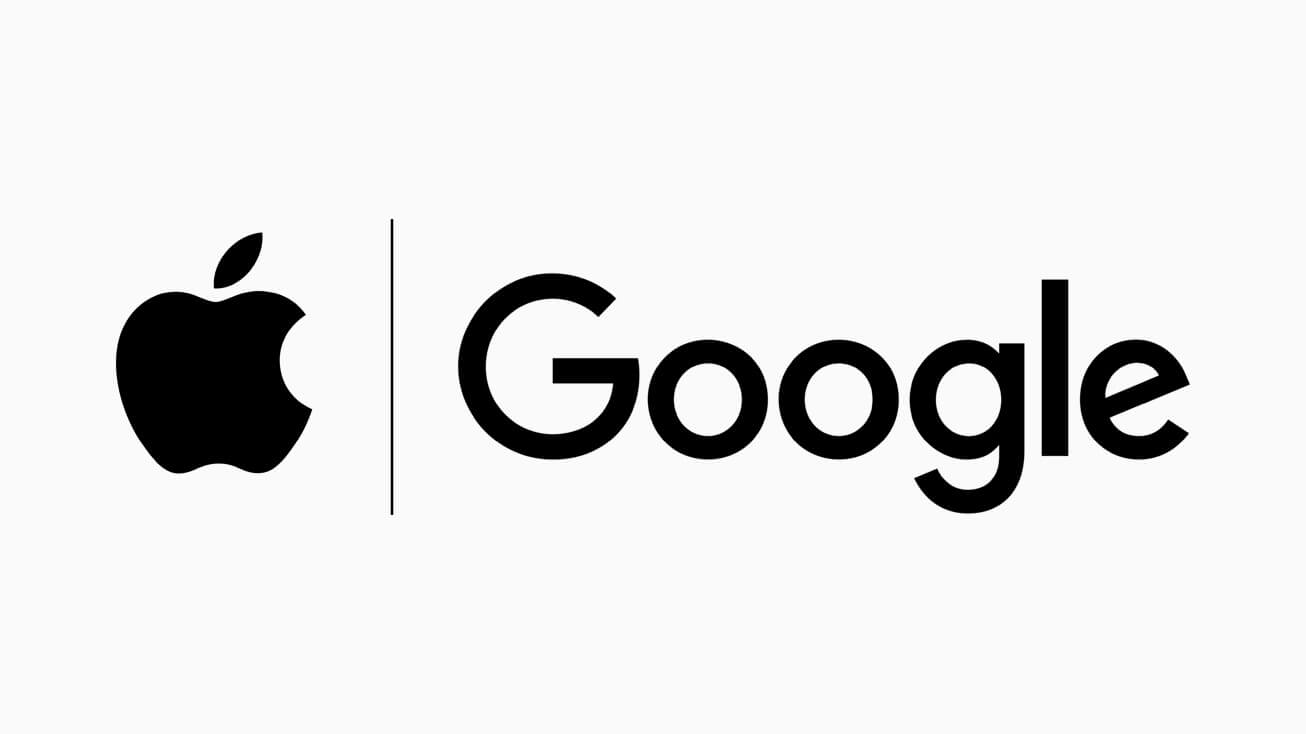Bottom line: Apple and Google on Friday announced a joint effort to help governments and health agencies track Covid-19 cases through contact tracing. The tech giants said both privacy and security will be central to their designs, as will transparency and consent (yes, these will be opt-in programs). Still, those promises are doing little to quell the concerns of privacy advocates and even conspiracy theorists.
In May, both companies will release APIs that enable "interoperability between Android and iOS devices" in apps from public health authorities. In the coming months, the two will work to build a broader Bluetooth-based contact tracing platform that bakes functionality directly into their respective mobile operating systems, making it potentially even easier for interested parties to participate.

It's easy to argue that using smartphone data to trace Coronavirus infections has serious privacy implications. But then again, using smartphones to track people isn't anything new as Snowden revealed years ago.
One could also argue the effectiveness of such a system. We've been told that our best defenses against the virus right now include staying at home, getting tested and quarantining yourself if you test positive. How much more helpful would a tracing system be? It's a reactive system, only alerting you if you've crossed paths with someone that might have been exposed to an infected person.
At that point, you might already have it. I suppose it could help you make an informed decision about whether or not you should self-quarantine, thus potentially stopping you from spreading it to others before symptoms are evident.
Conversely, some will argue that if a system like this is able to save even one life, it would be worth it.
Apple and Google have posted several white papers on the matter for those interested in diving deeper into the technical aspects of the proposed system.
Image credit: Andrew Angelov
